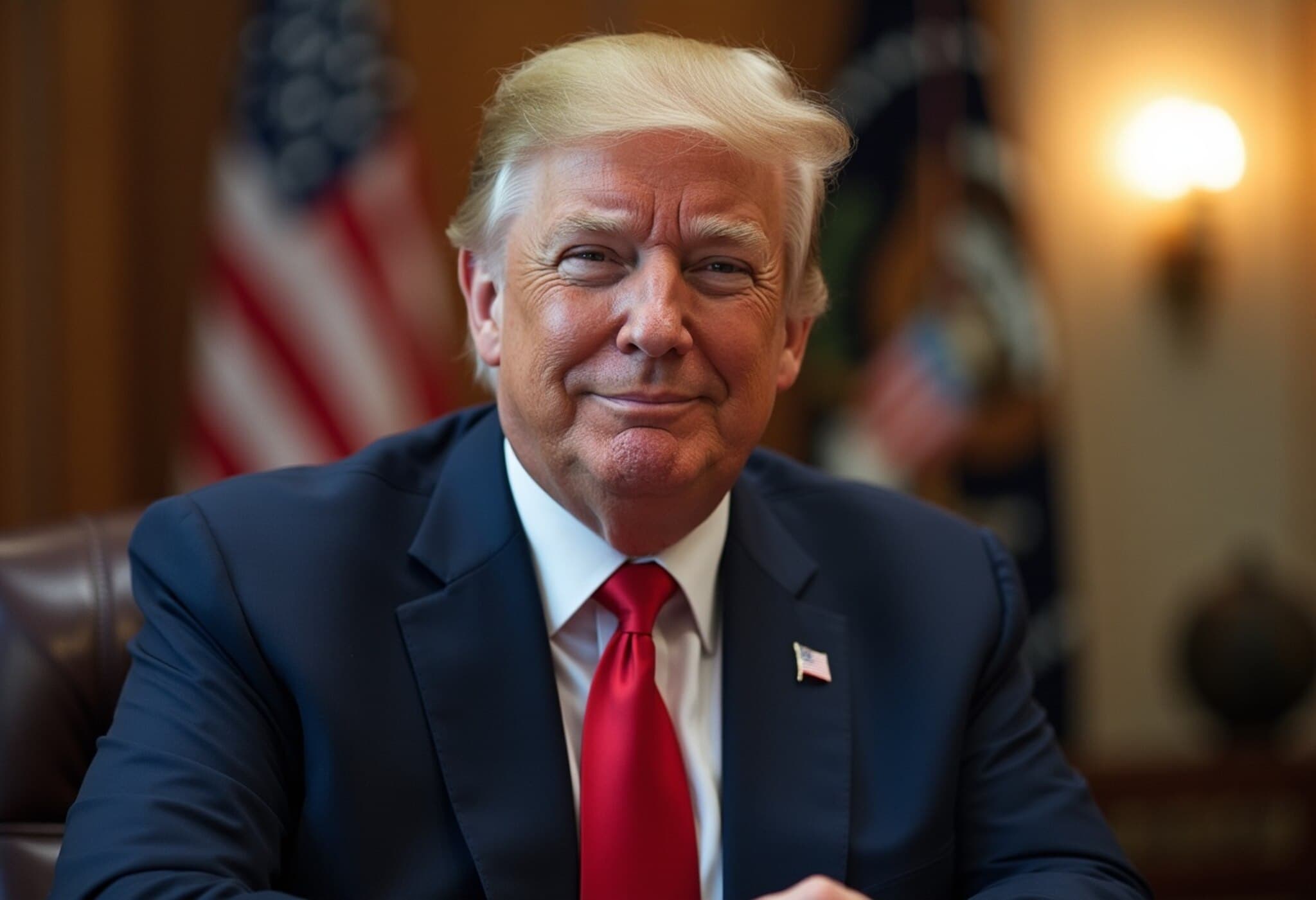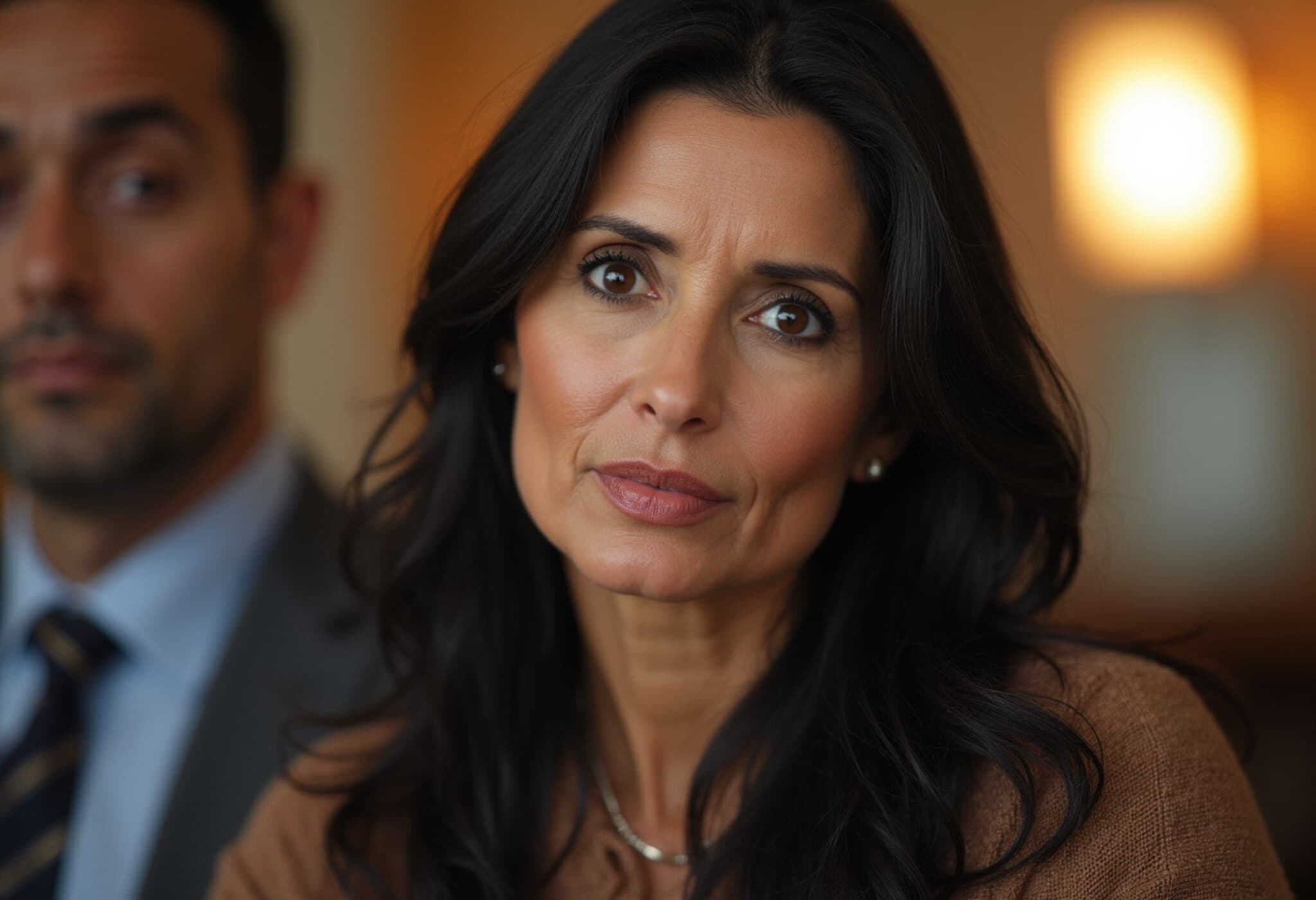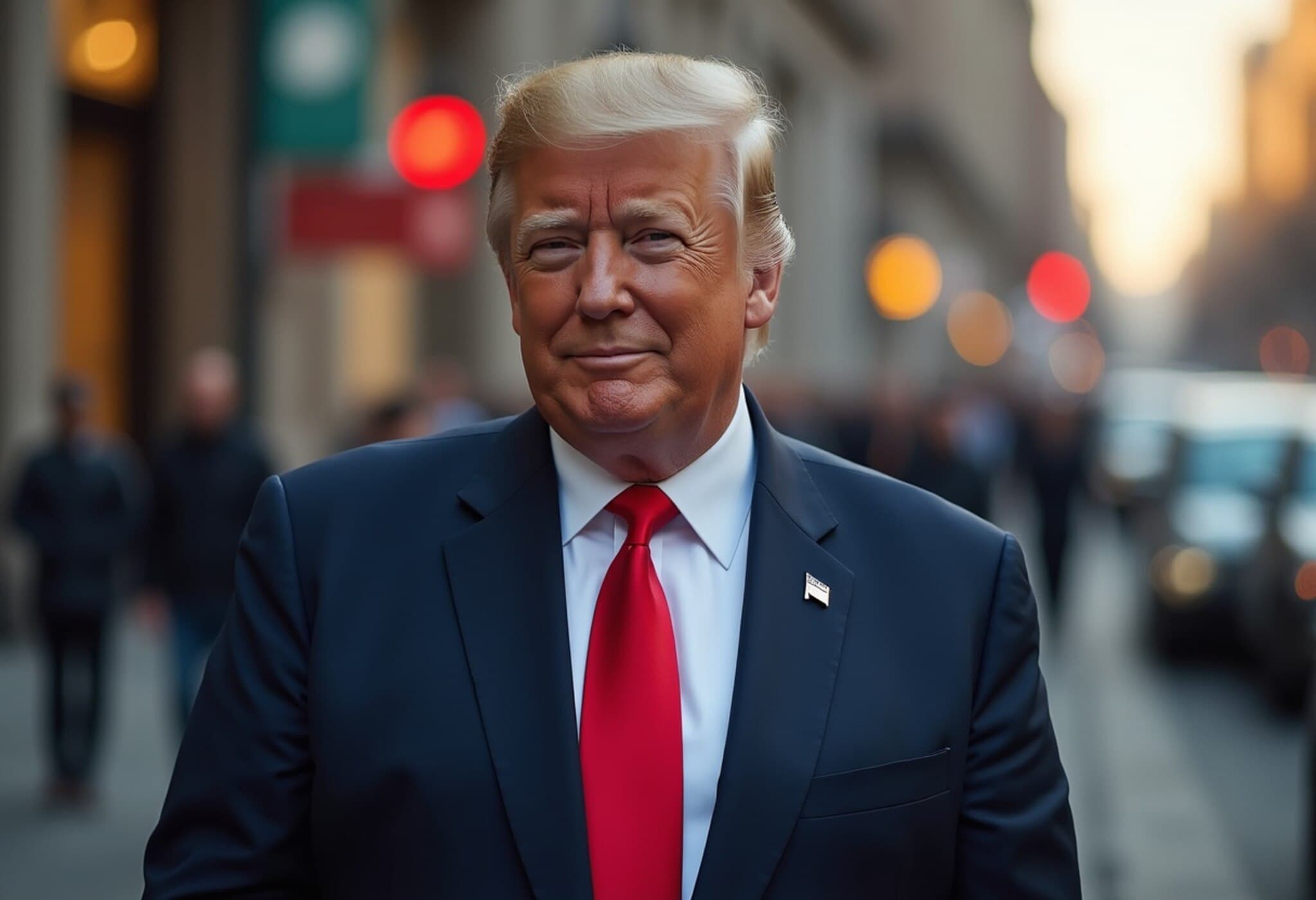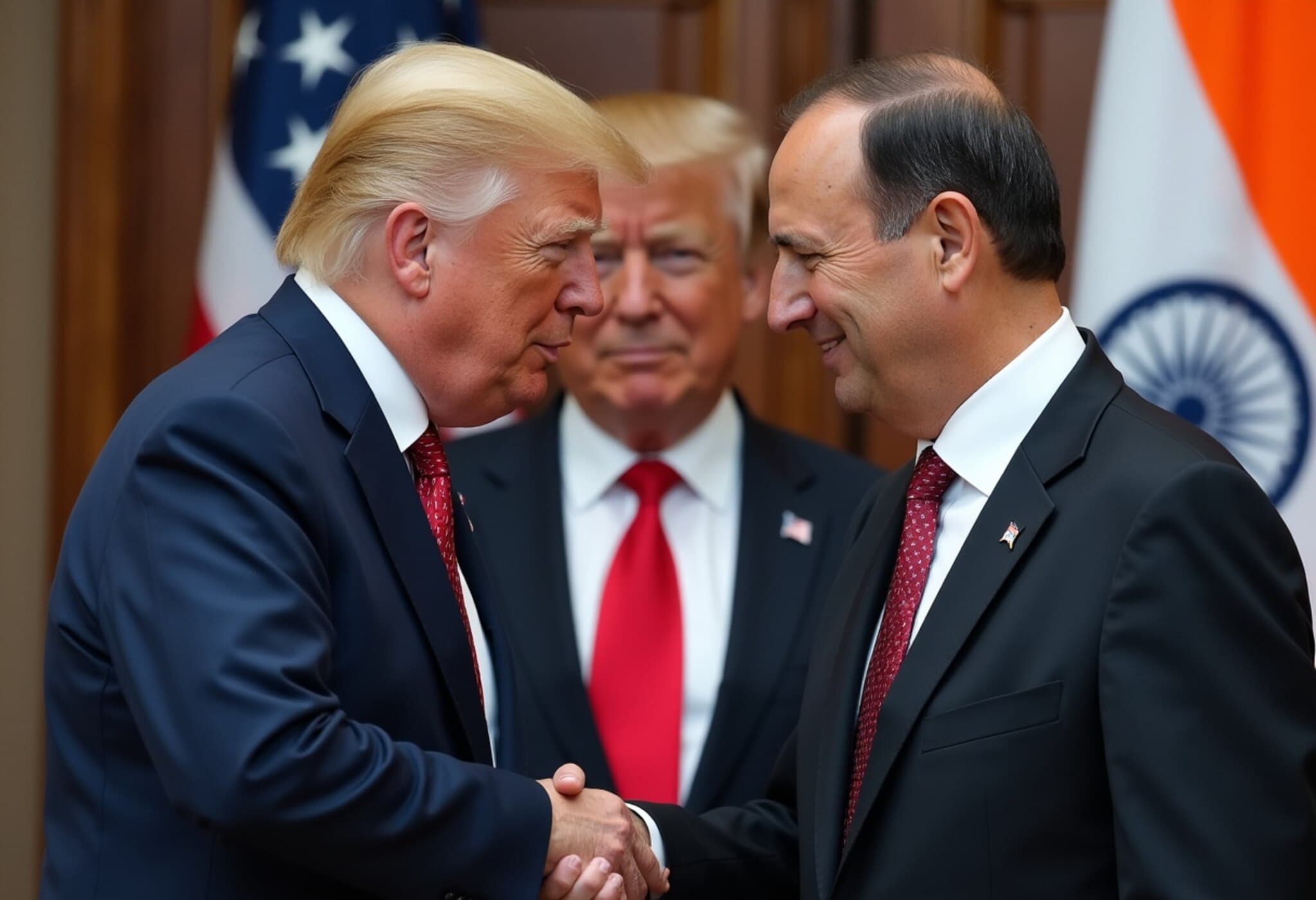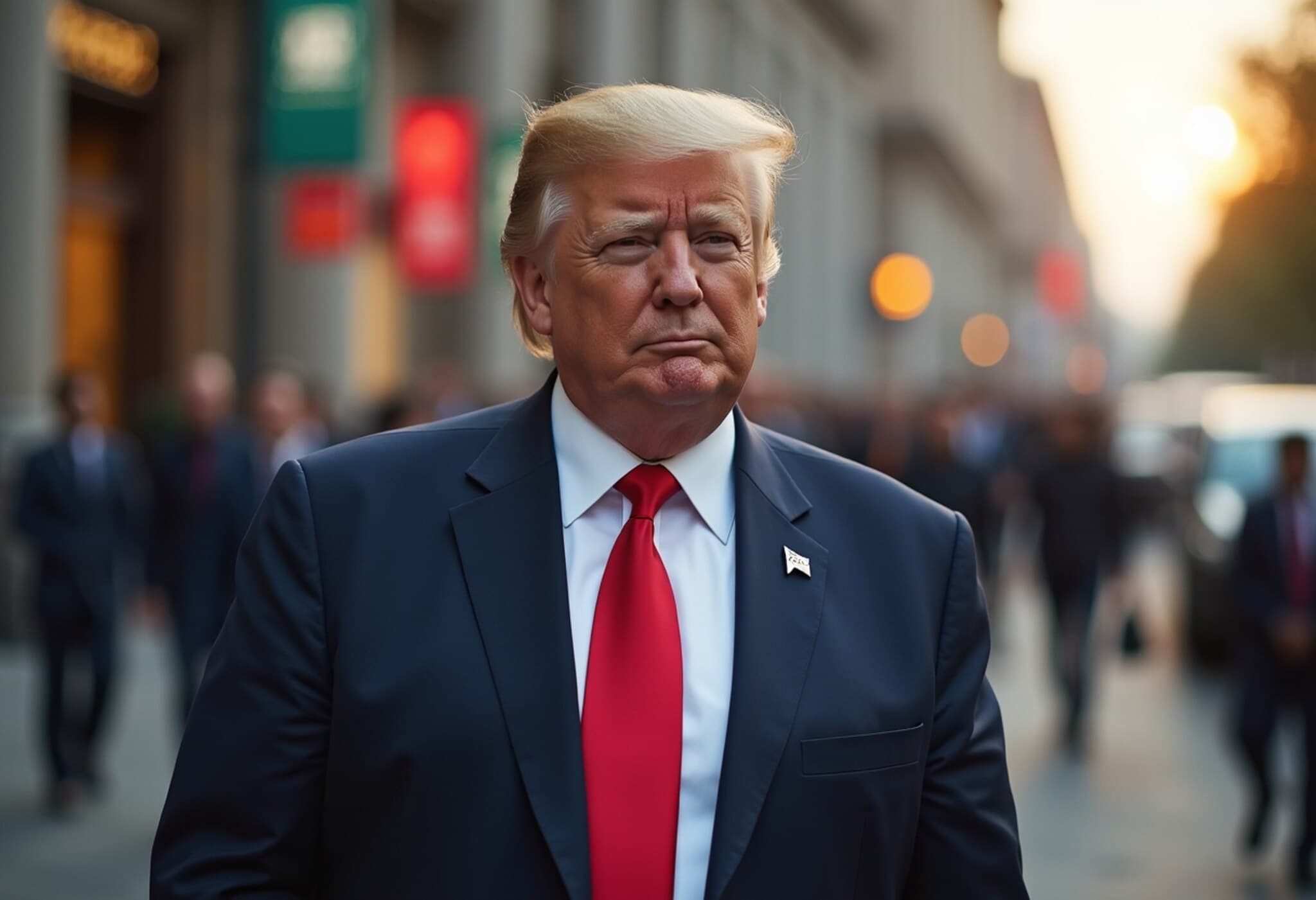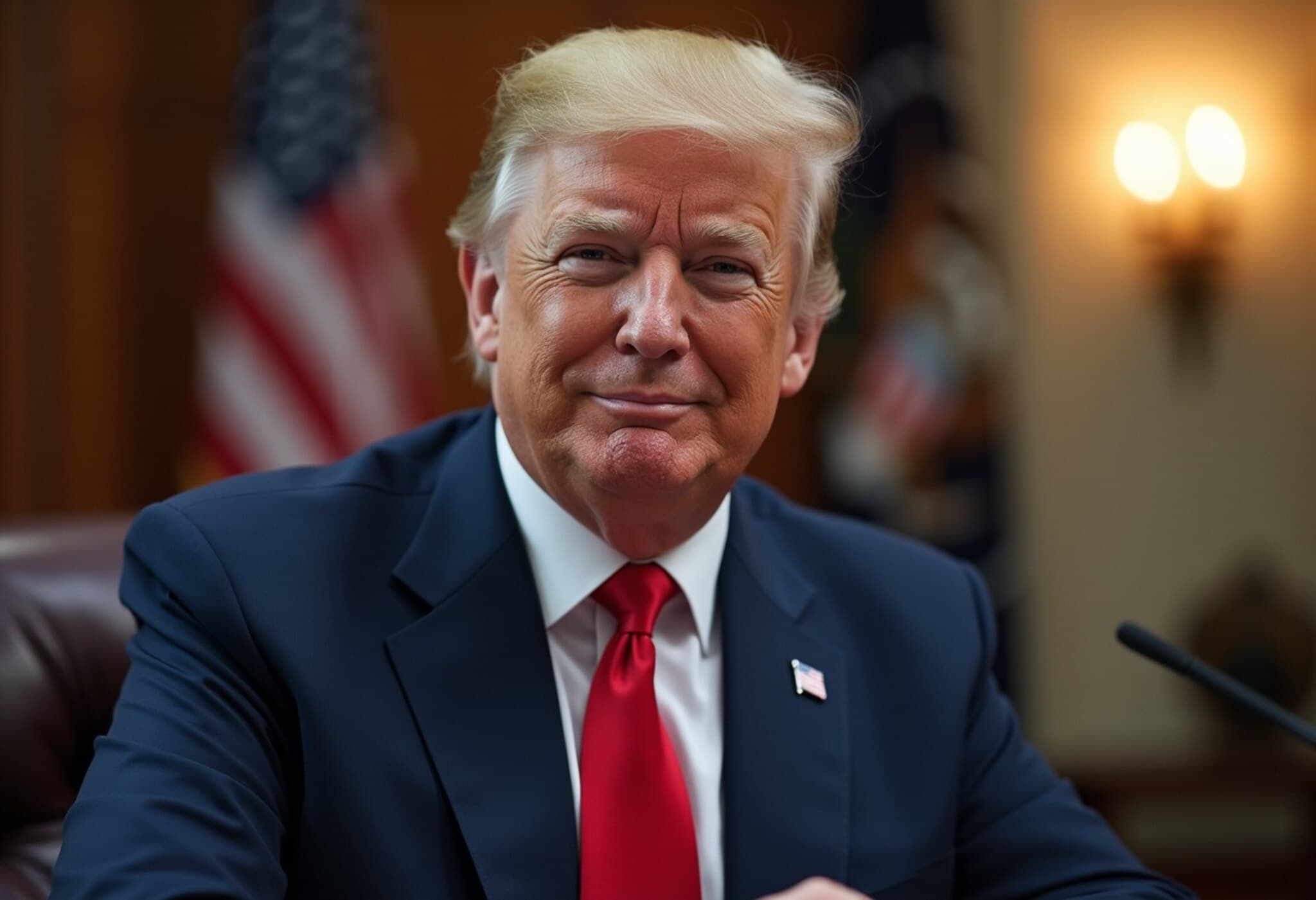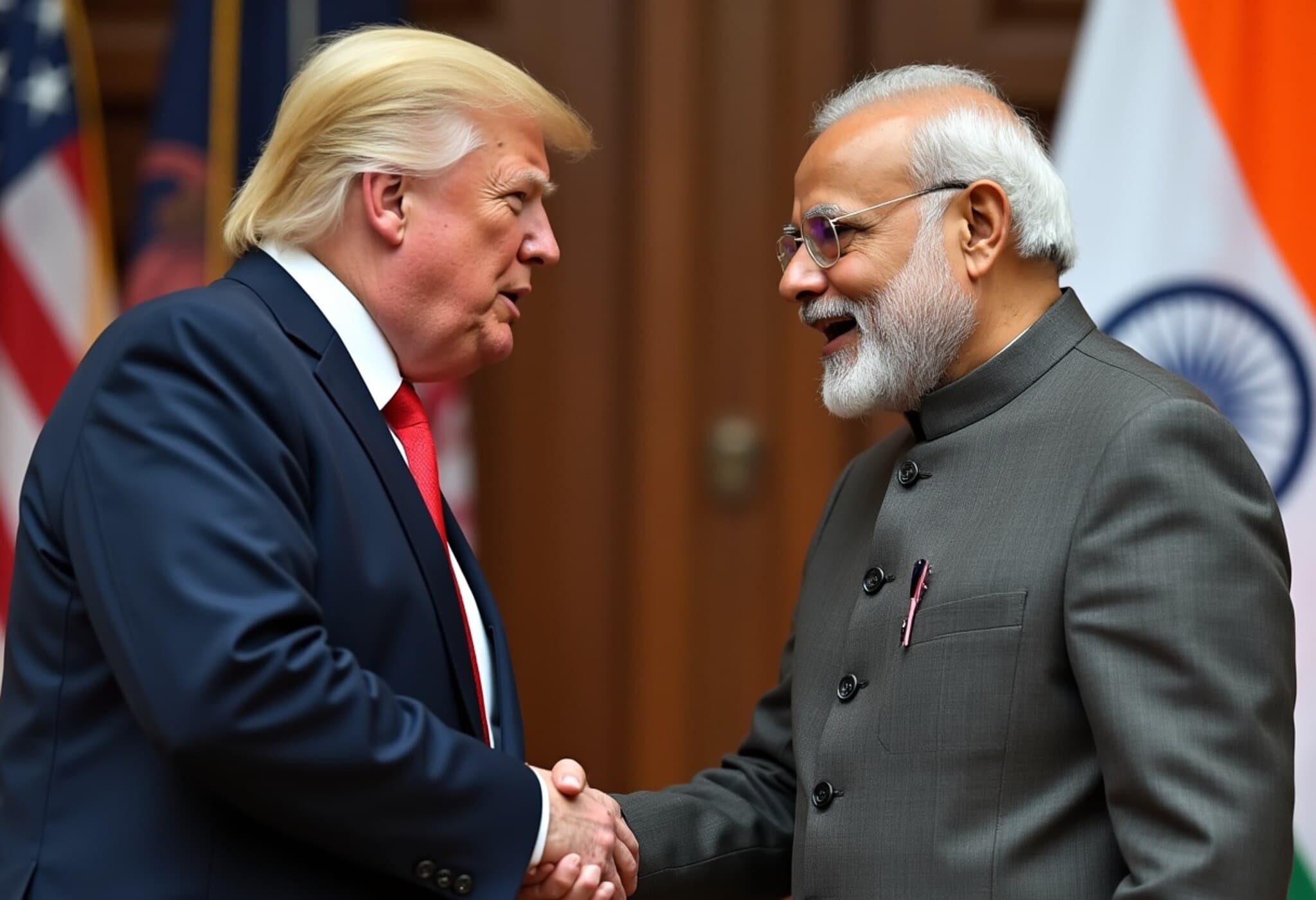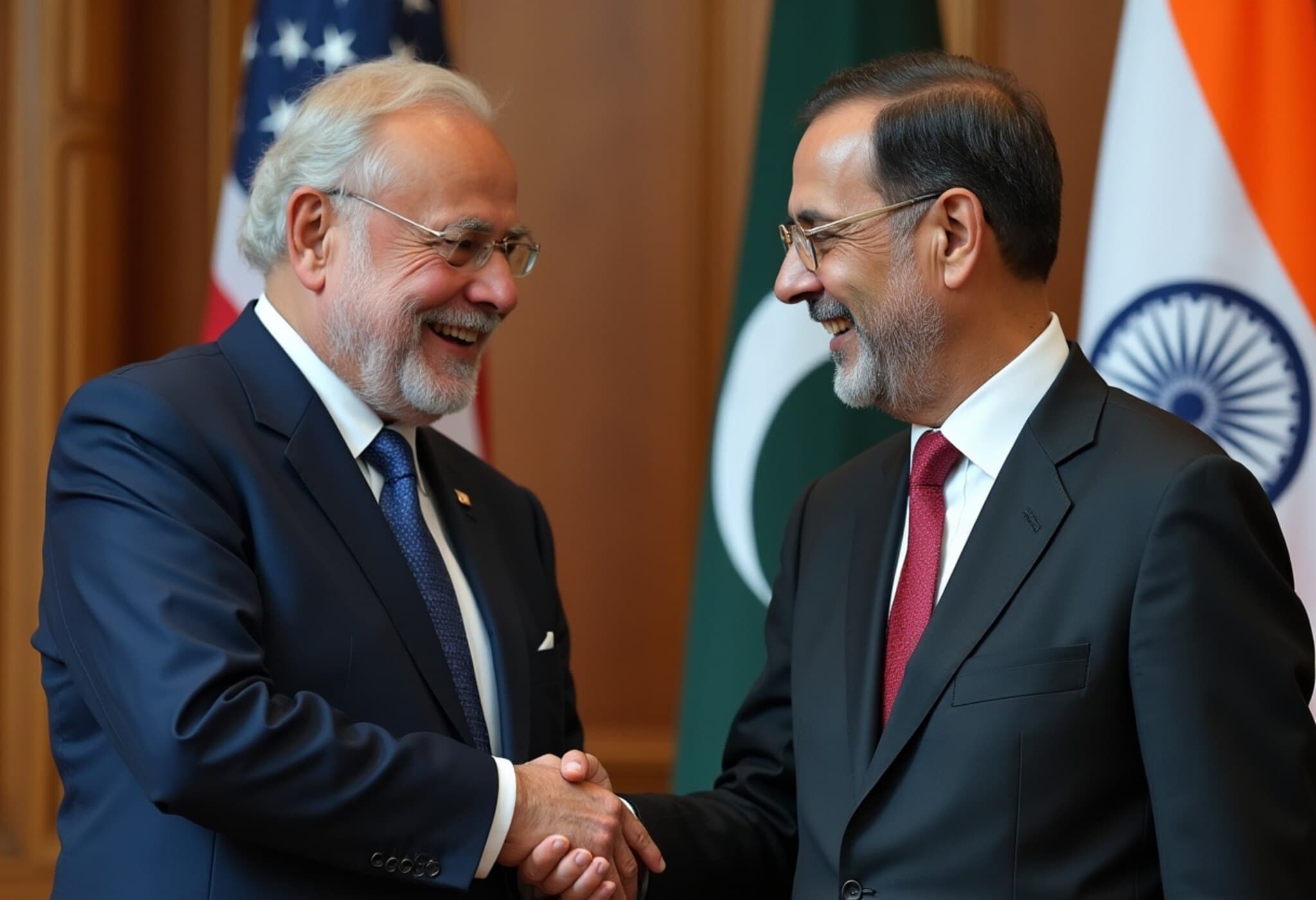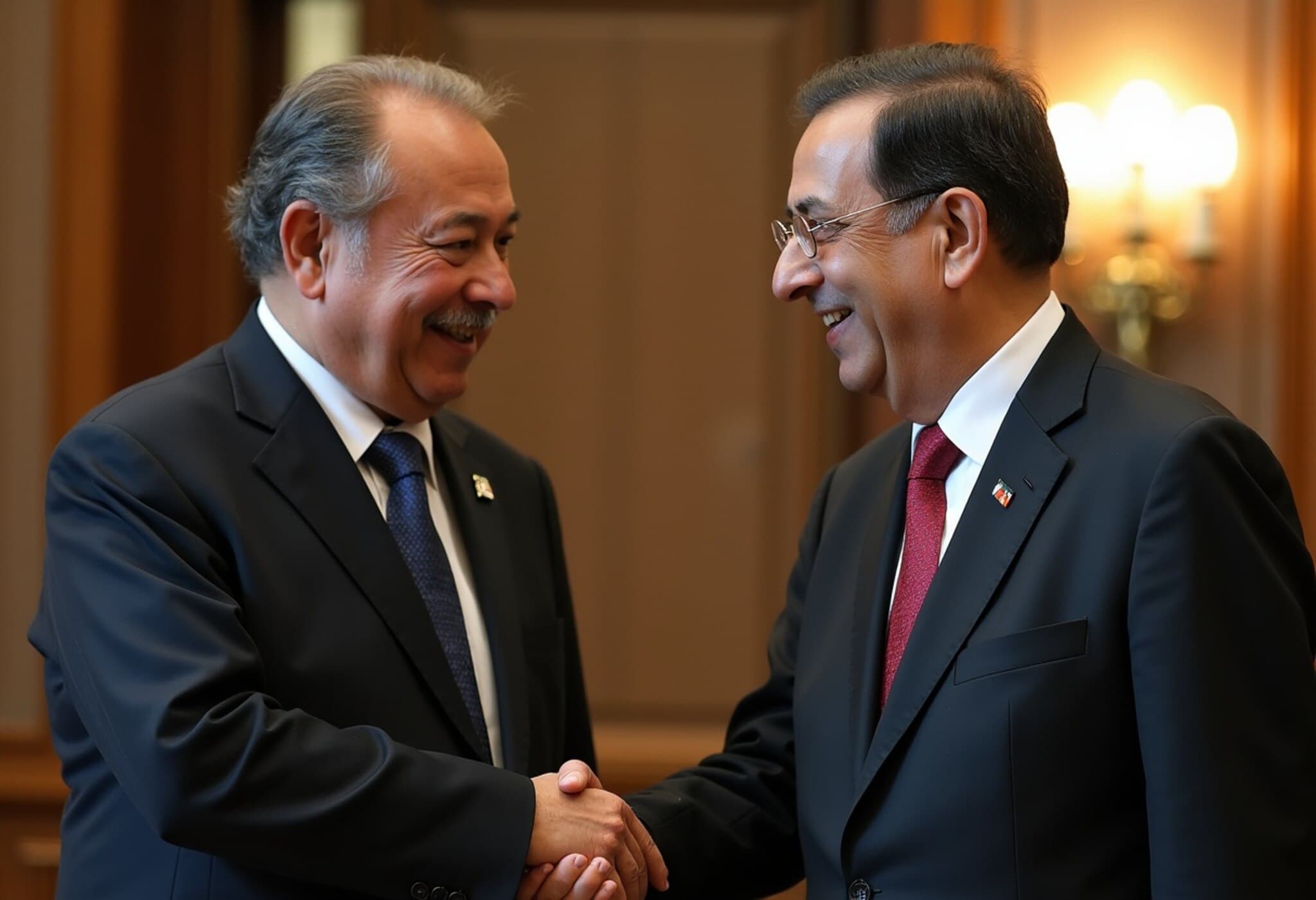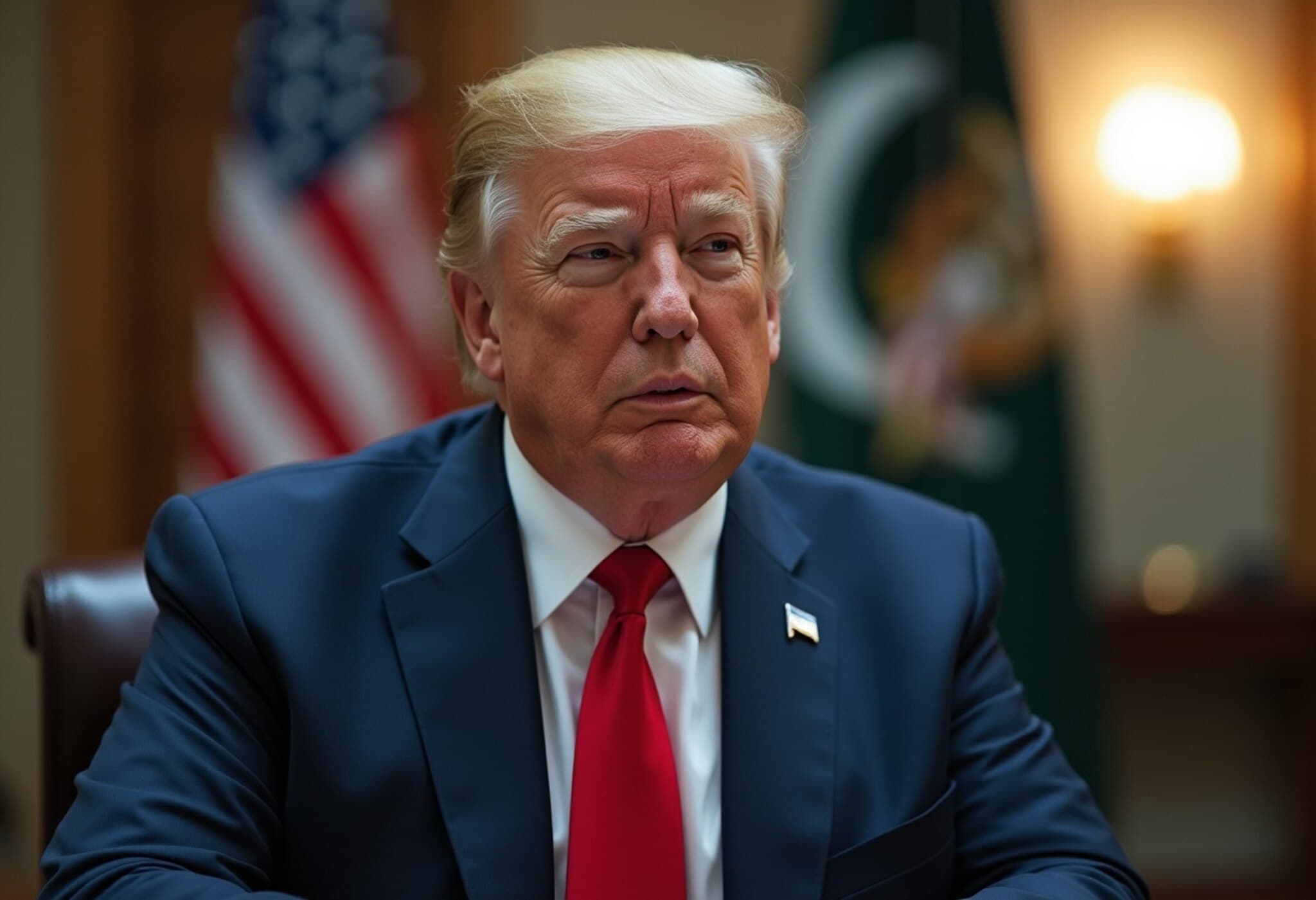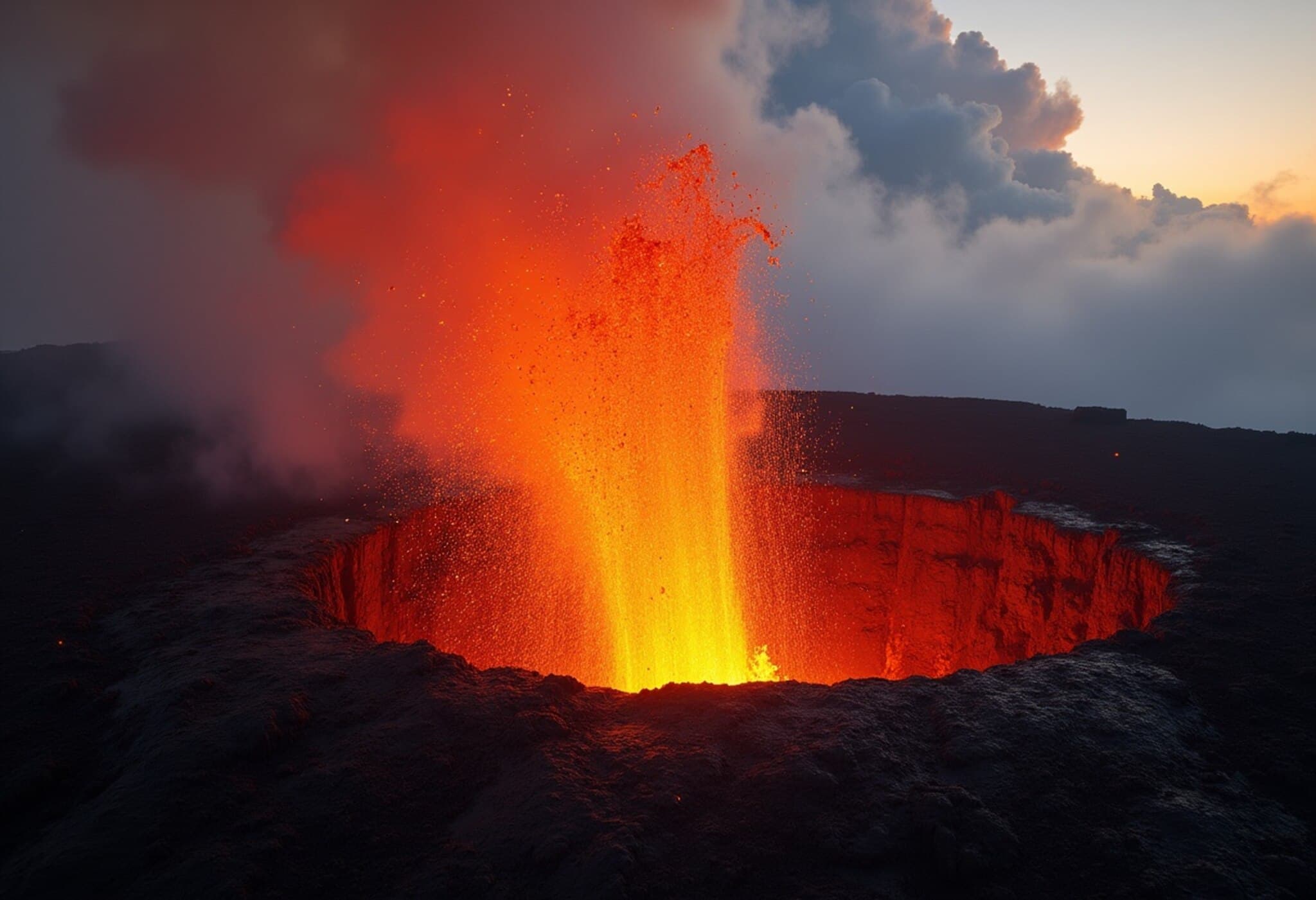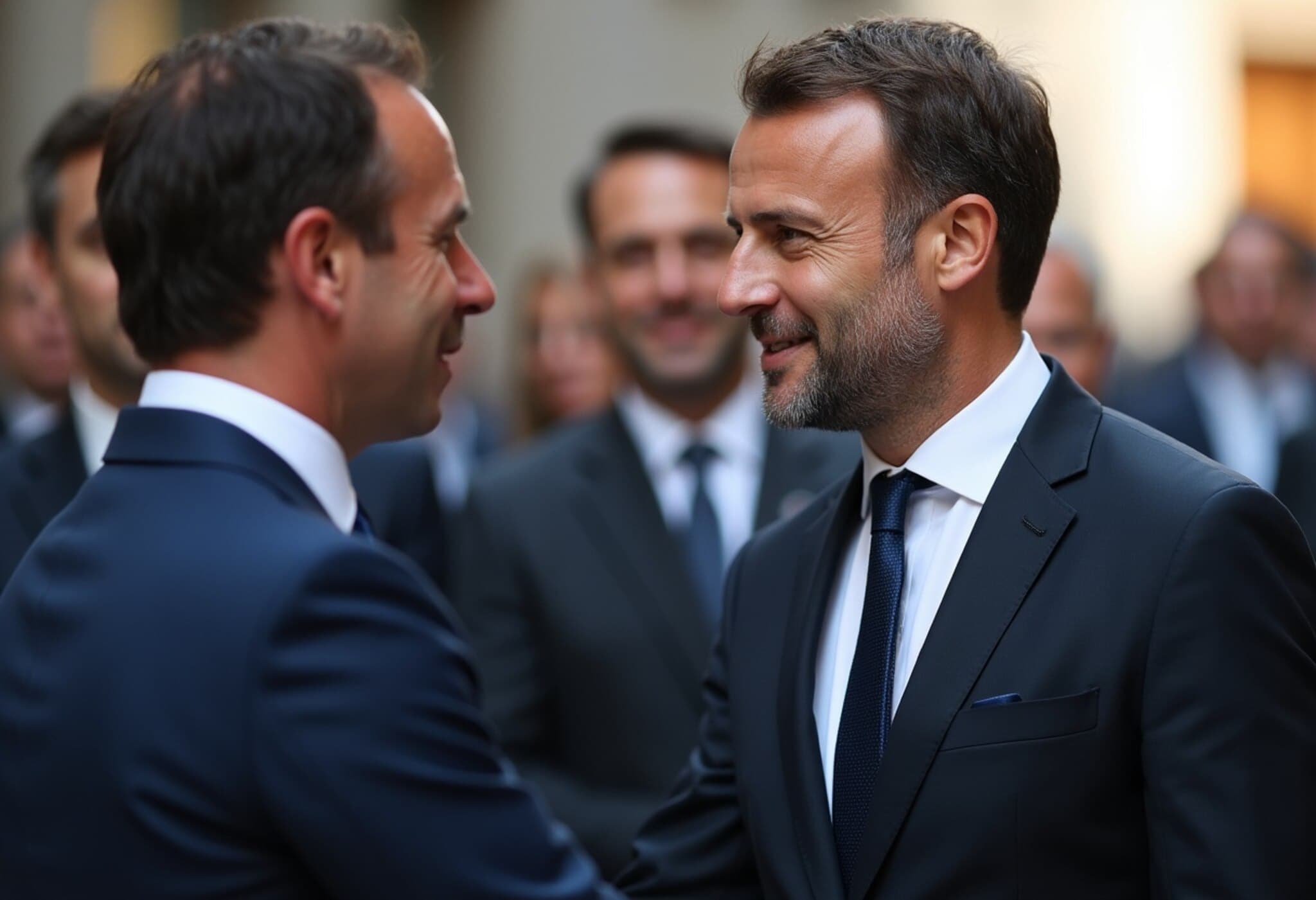Trump’s Strategic Appointment: What It Means for US-India Relations
On August 23, 2025, President Donald Trump announced his intention to nominate Sergio Gor, his longtime confidant and head of presidential personnel, as the United States Ambassador to India. Alongside this, Trump has designated Gor as the Special Envoy for South and Central Asian Affairs, a role encompassing complex regional diplomacy. This dual nomination arrives at a critical juncture in US-India relations, which have been strained recently due to trade tariffs and geopolitical tensions.
Contextualizing the Nomination Amidst Evolving Global Dynamics
The backdrop of this appointment is busy and fraught: just days before the announcement, Indian Prime Minister Narendra Modi was scheduled to meet Chinese President Xi Jinping in Beijing, highlighting the shifting contours of Asian diplomacy. Meanwhile, US-India ties have experienced turbulence since Trump imposed tariffs on Indian goods—measures that New Delhi criticized as contradictory, especially given Washington’s more permissive stance toward China’s energy dealings with Russia.
Since Ambassador Eric Garcetti departed in January 2025, no permanent US Ambassador has headed the mission in New Delhi, leaving a diplomatic vacuum at a time when nuanced engagement is crucial. President Trump's choice to fill this void conveys a strategic intention to reaffirm the importance of India not only as a bilateral partner but as a regional actor in an increasingly complex South Asian theater.
The Man Behind the Appointment: Sergio Gor
Sergio Gor’s profile is unconventional. Born in Tashkent, Uzbekistan, and often dubbed the “Mayor of Mar-a-Lago,” he has maintained a close, personal relationship with Trump, evidenced by his leadership of a pro-Trump political action committee and business dealings involving Trump's publications. His access to the president is reportedly unparalleled—trusted insiders like former strategist Steve Bannon attest that Gor holds walk-in privileges to Trump’s office, an advantage that could directly shape US diplomatic posture toward India.
Dual Role Raises Both Opportunities and Concerns
The decision to name Gor both Ambassador to India and Special Envoy for South and Central Asian Affairs represents a significant expansion of responsibilities, bringing him into oversight of US relations with Pakistan, Afghanistan, Bangladesh, Nepal, and the wider region. This is an unusual consolidation, drawing eyebrows in diplomatic circles.
India's former foreign secretary, Kanwal Sibal, criticized the move on social media, pointing out that combining these roles could blur critical distinctions in US policy and risk "re-hyphenating" India with Pakistan — a dynamic New Delhi has long sought to avoid. Historically, similar roles such as Richard Holbrooke's ambassadorship under Obama excluded India due to the sensitive Kashmir issue, reflecting the delicacy required in regional diplomacy.
Implications for US-India Strategic Partnership
- Positive Aspects: Gor’s close ties with Trump might grant India unparalleled access to the president’s inner circle, potentially enabling stronger advocacy within Washington.
- Diplomatic Challenges: The broad South Asia portfolio could dilute focus on India-specific matters and complicate the US’s approach to regional rivalries.
- Geopolitical Messaging: The appointment arrives as part of a broader strategy to counterbalance China’s growing influence in Asia, reaffirming India’s role in the US Indo-Pacific vision.
Expert Perspectives: Balancing Optimism with Caution
Prominent analysts express mixed views. Brahma Chellaney warns that the dual role recalls Cold War-era policies that bracketed India too closely with Pakistan, potentially undermining New Delhi’s status as a global partner. Conversely, Michael Kugelman of the Wilson Center notes that housing the Special Envoy in Delhi might elevate India’s centrality in US regional diplomacy.
Ultimately, Gor’s nomination must navigate Senate confirmation, where geopolitical considerations, congressional scrutiny, and bipartisan interests will intersect. This confirmation process will reveal the US administration’s true commitment to recalibrating its India policy.
Conclusion: A Diplomatic Appointment with Far-Reaching Consequences
The selection of Sergio Gor as Ambassador to India and Special Envoy underscores Washington’s recognition of India’s emerging strategic importance amid a turbulent regional landscape. Yet, it also spotlights the complexity of US-South Asia diplomacy, where personal loyalty, policy expertise, and regional sensitivities converge.
As the US seeks to strengthen its ties with India, balancing pragmatism with respect for longstanding regional complexities will be crucial. The unfolding of Gor’s tenure promises to be a telling chapter in the evolving narrative of US engagement with South Asia.
Editor’s Note
President Trump’s appointment of Sergio Gor as US Ambassador to India, coupled with his role as Special Envoy to South and Central Asia, presents both opportunities and risks for American diplomacy. The key questions moving forward include: How will Gor balance these complex responsibilities? Can personal proximity to the White House translate into effective policy outcomes? And how will this appointment influence the delicate triangular dynamics among India, Pakistan, and China? Readers are encouraged to consider these angles as this diplomatic story unfolds.

